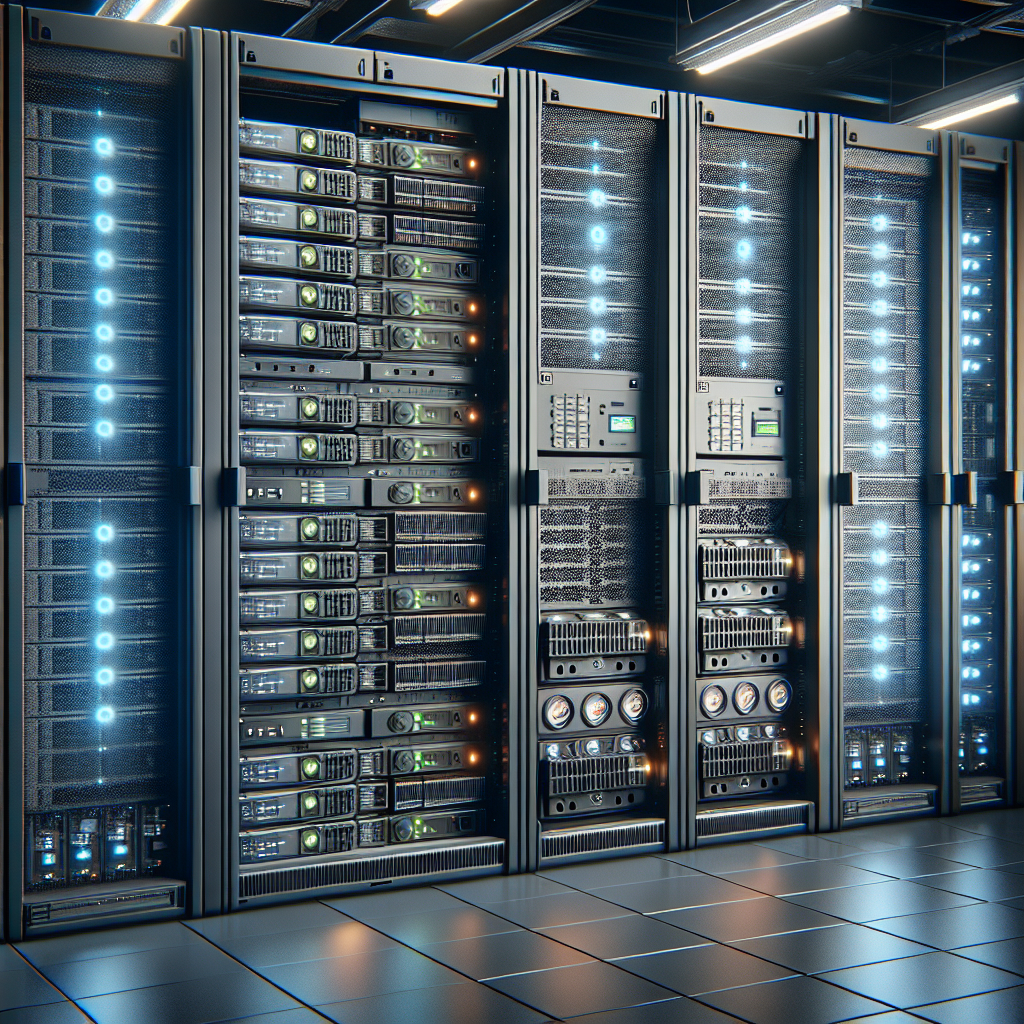In today’s digital age, data centers are the backbone of businesses and organizations, housing critical information and applications that are essential for daily operations. With the increasing reliance on technology, ensuring the resilience and uptime of data centers has become a top priority for IT professionals.
One key component of data center resilience is the use of redundant uninterruptible power supply (UPS) systems. Redundant UPS systems provide backup power in the event of a utility power outage or disruption, ensuring that critical equipment and systems remain operational and data remains protected.
There are several benefits to implementing redundant UPS systems in a data center:
1. Increased uptime: By having redundant UPS systems in place, data centers can maintain continuous power supply to critical equipment, minimizing downtime and ensuring that operations are not interrupted.
2. Scalability: Redundant UPS systems can be easily scaled to meet the growing power demands of a data center. As more equipment is added, additional UPS units can be installed to provide the necessary backup power.
3. Fault tolerance: Redundant UPS systems provide a level of fault tolerance, ensuring that if one UPS unit fails, there is a backup system in place to continue providing power to critical equipment.
4. Better load balancing: Redundant UPS systems can be configured to distribute power evenly across multiple units, preventing overloading and ensuring that each UPS unit operates at optimal efficiency.
5. Enhanced reliability: Redundant UPS systems are designed to be highly reliable, with built-in features such as automatic bypass and redundant components that help prevent power disruptions and equipment failures.
6. Cost savings: While the initial investment in redundant UPS systems may be higher, the long-term cost savings are significant. By minimizing downtime and preventing data loss, businesses can avoid costly disruptions and maintain productivity.
In conclusion, redundant UPS systems are essential for ensuring the resilience and uptime of data centers. By providing backup power, scalability, fault tolerance, load balancing, reliability, and cost savings, redundant UPS systems play a critical role in protecting critical equipment and data. IT professionals should consider implementing redundant UPS systems as part of their data center strategy to ensure continuous operations and minimize the risk of downtime.

Leave a Reply
You must be logged in to post a comment.